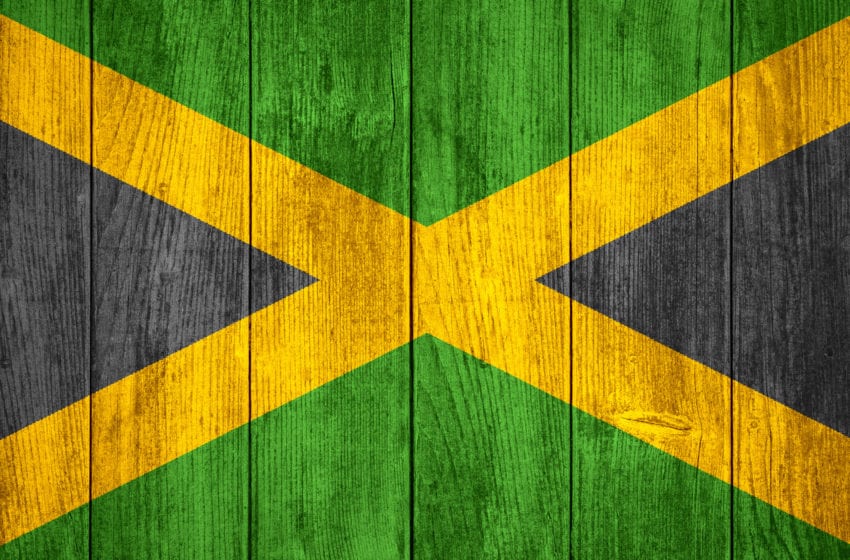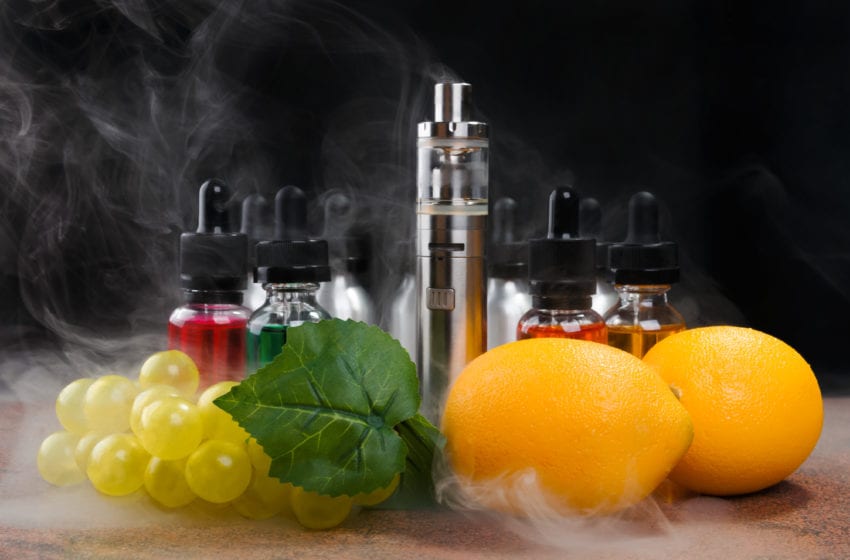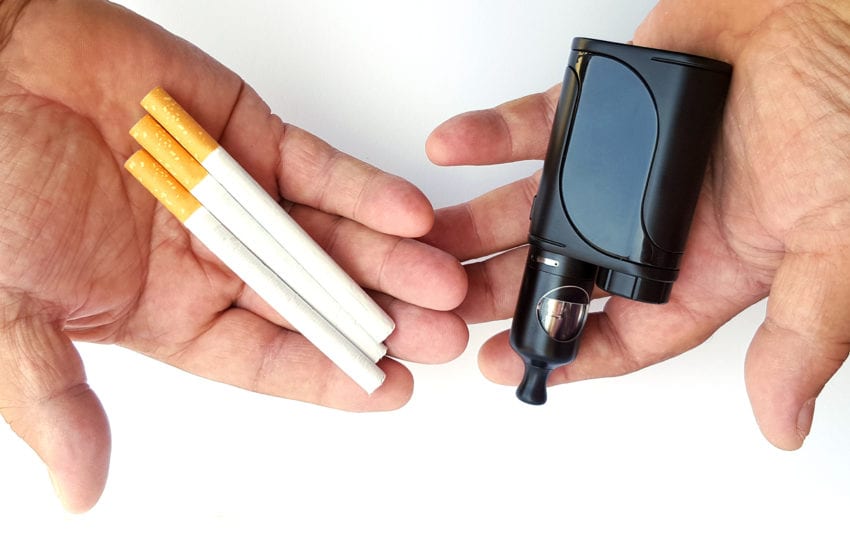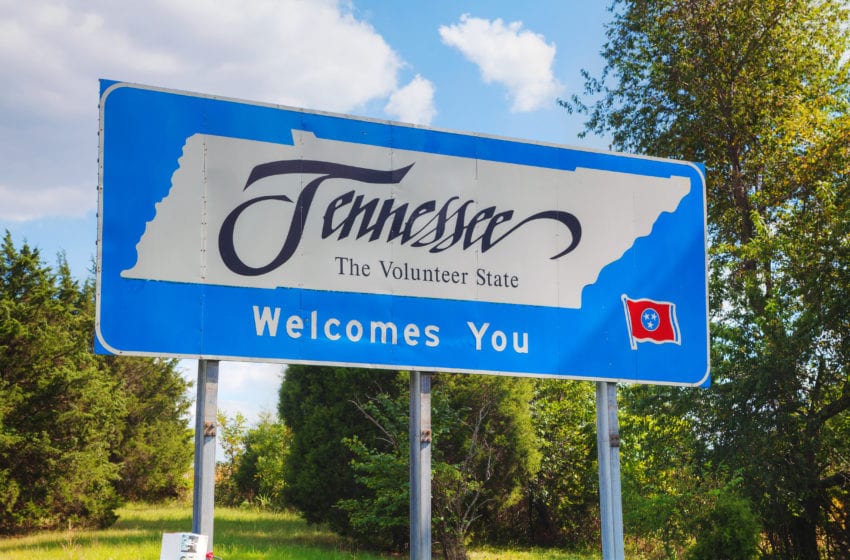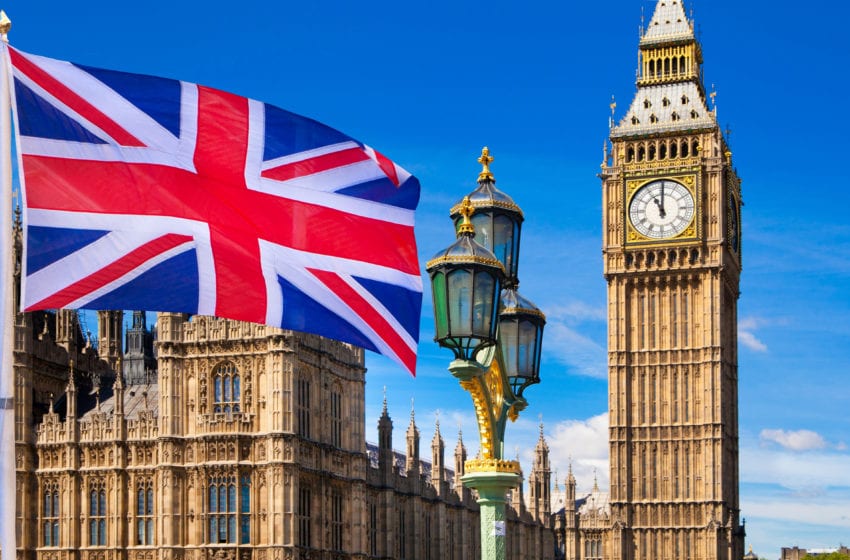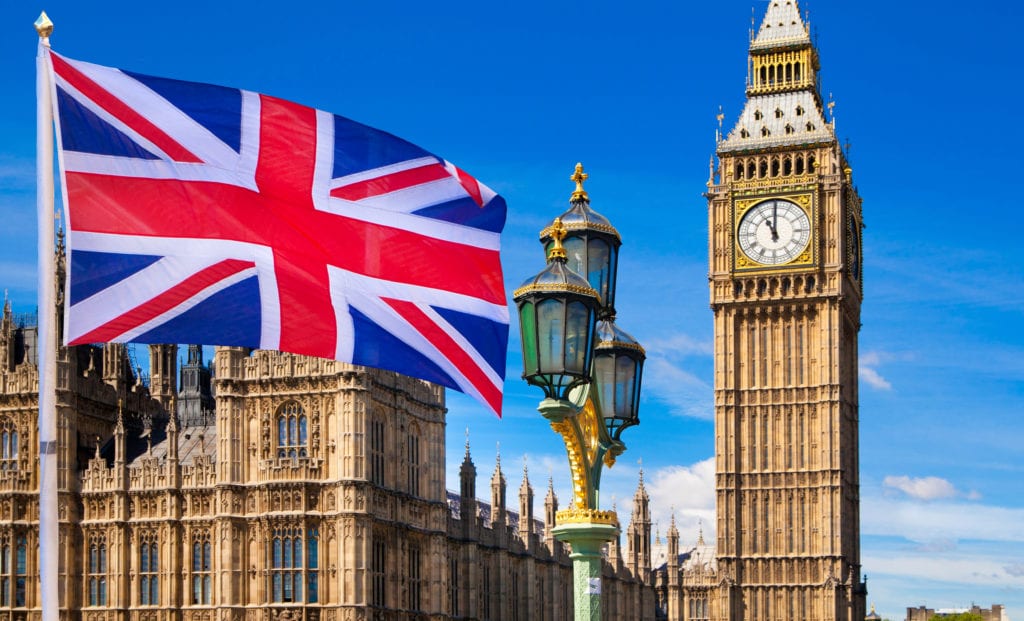Jamaica’s largest tobacco distribution company Carreras Limited has cautioned the Government against an excessive regulatory regime for vaping and other tobacco products. Managing director of Carreras, Raoul Glynn, says the regulations will be tough to implement and enforce, and will impose provisions that will put the industry at a disadvantage.
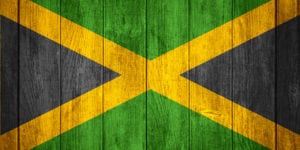
He stressed that the company took no issue with lawful, evidence-based regulation. However, excessive regulation will cause more revenue losses, pointing out that government revenue lost to the tobacco black market in 2020 was $2.1 billion.
“Jamaica is one of those markets that have a significant illicit component, not just on tobacco but other products [too],” Glynn told a joint select committee that is reviewing the country’s proposed Tobacco Control Act, according to the Jamaica Observer. “What we saw happening in 2017 when there was a significant increase in the excise, you had an almost immediate jump in the illicit volume, so consumption remains the same because of a proliferation of very cheap products that doesn’t pay the taxes.”
The company’s view is that new category products, such as e-cigarettes, and combustibles should be regulated separately. Lumping them with the same regulations for tobacco products would send an “incorrect and unhelpful message that both product categories have the same risk profile and perpetuate the misconception that tobacco and nicotine carry same risks,” according to Glynn.
The proposed legislation goes beyond traditional tobacco products to include prohibiting the use of electronic nicotine delivery systems (ENDS) in public spaces. This and other changes to the legislation is supposed to make Jamaica fully compliant with the World Health Organization (WHO) Framework Convention on Tobacco Control (FCTC).
Glynn pointed to evidence that new category products have contributed to reduced smoking prevalence in countries with a more flexible regulatory landscape. It referenced the United Kingdom’s House of Commons Science and Technology Committee, which found that e-cigarettes could significantly accelerate already declining smoking rate and are about 95 percent less harmful than conventional cigarettes due to the absence of tar and carbon monoxide.
He noted that the Canadian Government says switching from tobacco cigarettes to vaping products will reduce exposure to many toxic and cancer-causing chemicals. The tobacco company’s view is that e-cigarettes should be regulated proportionately on an evidence-based approach, taking into consideration freedom to innovate, dialogue and responsible marketing freedoms, according to Glynn, who said also that the legislation, technically, places a ban on the sale of cigarettes in all public spaces, despite arguments that it does not.
Glynn also cautioned that the law puts small businesses at a severe disadvantage by prohibiting retailer incentives and promoting discounted products.

